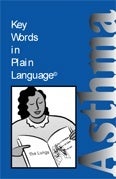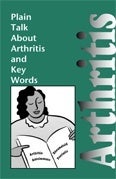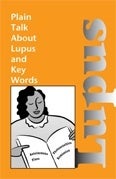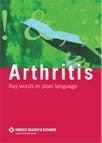Plain Language Glossaries
Glossaries can be a helpful tool to support communication. When words are clearly defined, health professionals and members of the lay public can begin a dialogue on common ground.The glossaries included in this page offer examples of how we can translate specialized or complex medical or public health terms into lay language that can be easily understood by the general public. Thus, these valuable resources can help improve communication about health.
An early glossary from the CDC was one of many attempts to provide us with “translation efforts:” Plain Language Thesaurus for Health Communications, Centers for Disease Control and Prevention, 2009.
Below are some examples of disease-specific glossaries. Please keep in mind that these glossaries are offered only as examples of helpful materials. These specific glossaries, developed some time ago, are now out of date. For example, Elizabeth Barriteau notes that the asthma glossary lists outdated medicines [some of which no longer exist]. She points out that there are newer drugs that are safer and more beneficial for asthma treatment.
View the materials below as examples only and not as current sources of information to be distributed to patients. Do feel free to update and then use but please provide citations and credit the original source.
- Asthma Glossary: Key Words in Plain Language: A glossary to improve communication about asthma.
- Plain Talk about Arthritis and Key Words: A glossary to improve communication about arthritis.
- Plain Talk about Lupus and Key Words: A glossary to improve communication about lupus.
- Arthritis: Key Words in Plain Language This version of the glossary was modified for Ireland and produced by MSD with permission.







